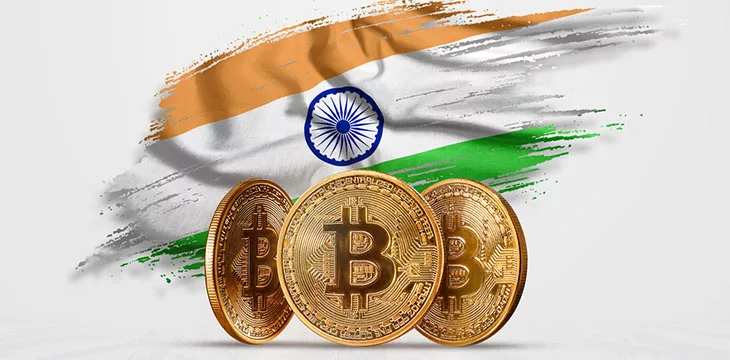|
Getting your Trinity Audio player ready...
|
Deputy Governor of the Reserve Bank of India (RBI) Rabi Sankar has called on central banks worldwide to pitch their tents with central bank digital currencies (CBDCs) over other forms of digital currency.
Sankar made the disclosure at the G20 Techsprint Hackathon in India, where he urged finance ministers and central bank governors to restrict digital currencies to fiat versions issued by banking regulators. The RBI deputy governor noted that the increasing adoption of digital currencies poses significant risks to the global financial system.
Top of the agenda for Sankar is the inability of financial regulators to impose anti-money laundering (AML) rules on the digital currency industry, fueling the rise of illicit activity. According to him, the ideal way out of the dilemma is the rapid development and adoption of CBDCs as the default digital currency.
“It would therefore be in the interests of the global financial system to maintain the achievements that it has got over the last couple of decades by putting as much effort as possible into ensuring that most digital currency usage should be restricted to fiat currencies,” said Sankar.
India began its pilots for both retail and wholesale CBDCs in 2022, following other countries recorded significant advances in their studies. Despite the late start, India’s CBDC foray has closed the distance between its contemporaries and is probing into the potential of cross-border payments with the United Arab Emirates (UAE) and its neighbors.
In February, the RBI announced that its retail CBDC pilot had successfully onboarded 50,000 customers and 5,000 merchants in the first stage. With more commercial banks and cities set to participate in the pilot, analysts predict a surge in customers and transaction volumes for the digital rupee.
India, as president of the G20, has not hidden its intention to impose a global regulatory scheme for the digital currency industry before the end of its tenure. Aiming to reduce regulatory arbitrage by bad actors, India’s Finance Minister Nirmala Sitharaman confirmed that a draft regulation is currently underway.
Fears of draconian regulations
Under an Indian G20 presidency, industry stakeholders have expressed worry that the global regulatory regime for digital currencies would stifle innovation. Their fears stem from the treatment of India’s local digital currency industry, which once stood on the precipice of a blanket ban.
India imposed stern taxes on digital assets in 2021 and showed no intention of reversing the policy despite a plea by stakeholders. At the moment, the nature of the G20 regulation remains unclear, but a large majority of countries are engaged in CBDC studies with technical assistance from the International Monetary Fund (IMF).
To learn more about central bank digital currencies and some of the design decisions that need to be considered when creating and launching it, read nChain’s CBDC playbook.
Watch: Blockchain provides perfect foundation for CBDC

 09-14-2025
09-14-2025 





